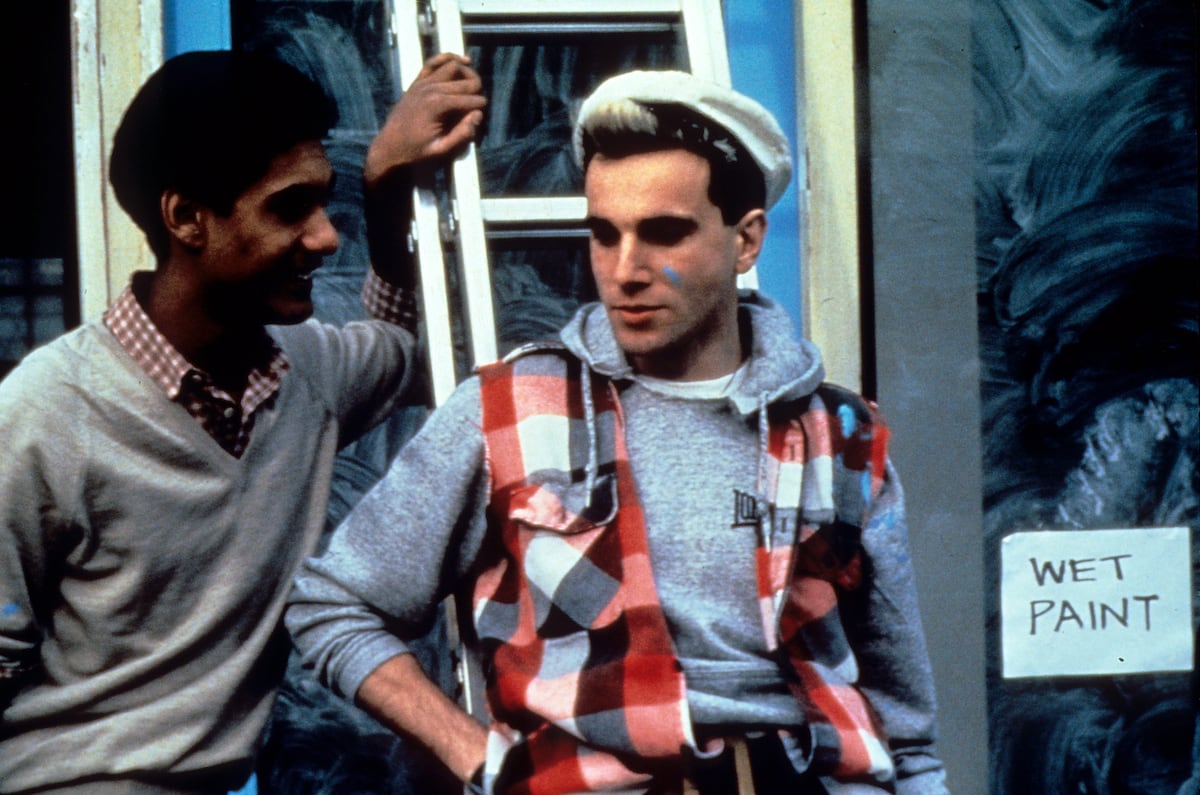by JOAQUIN GARCIA MARTIN

Daniel Day-Lewis, Hanif Kureishi and Stephen Frears were almost unknown when they burst onto the scene with this low-budget English film
There are blockbusters that flop before reaching the screen. And then, there are independent gems that become huge, thanks only to word of mouth. My Beautiful Laundrette (1985), now 40 years old, is an extreme example of this second category. At first, it didn’t even aspire to reach theaters, yet it became an international hit and a fixture on lists of the best British films, in addition to catapulting the careers of many of its creators. And it did all of this with a seemingly conflictive story, filled with social criticism, barbs at English classism, and queer themes.
My Beautiful Laundrette tells the story of Omar. The son of Pakistani immigrants in South London, he doesn’t want to end up like his father, a failed left-wing journalist, disillusioned by English society. Omar prefers to stay with his uncle Nasser, a successful businessman with a double life: at home, he acts like a classic patriarch, while outside, he maintains an English mistress and frequents dance halls.
One night, Omar reunites with Johnny, a white childhood friend who has become a skinhead. They both realize they’ve become the opposite of what they once were because of their society’s contradictions: one, racialized, has become a cynic who only believes in money, while the other — who hails from the working class — blames everything on immigrants. Acknowledging all this brings them closer together… and they resume the love they had for each other as teenagers. In the process, they agree to modernize and run a laundromat that Nasser uses to “launder” the money he earns from drug sales. Obviously, everything ends up shattering (including the laundry’s window) in an ending that’s as happy as it is cynical.
For the British Film Institute (BFI), it’s one of the 100 best British films of the 20th century. And it’s also on the BFI’s list of the 30 best films with LGBTQ+ themes. But the story of how it came to be filmed and how it reached movie theaters around the world is as fascinating as the fate of its creators and protagonist.
El Pais for more
